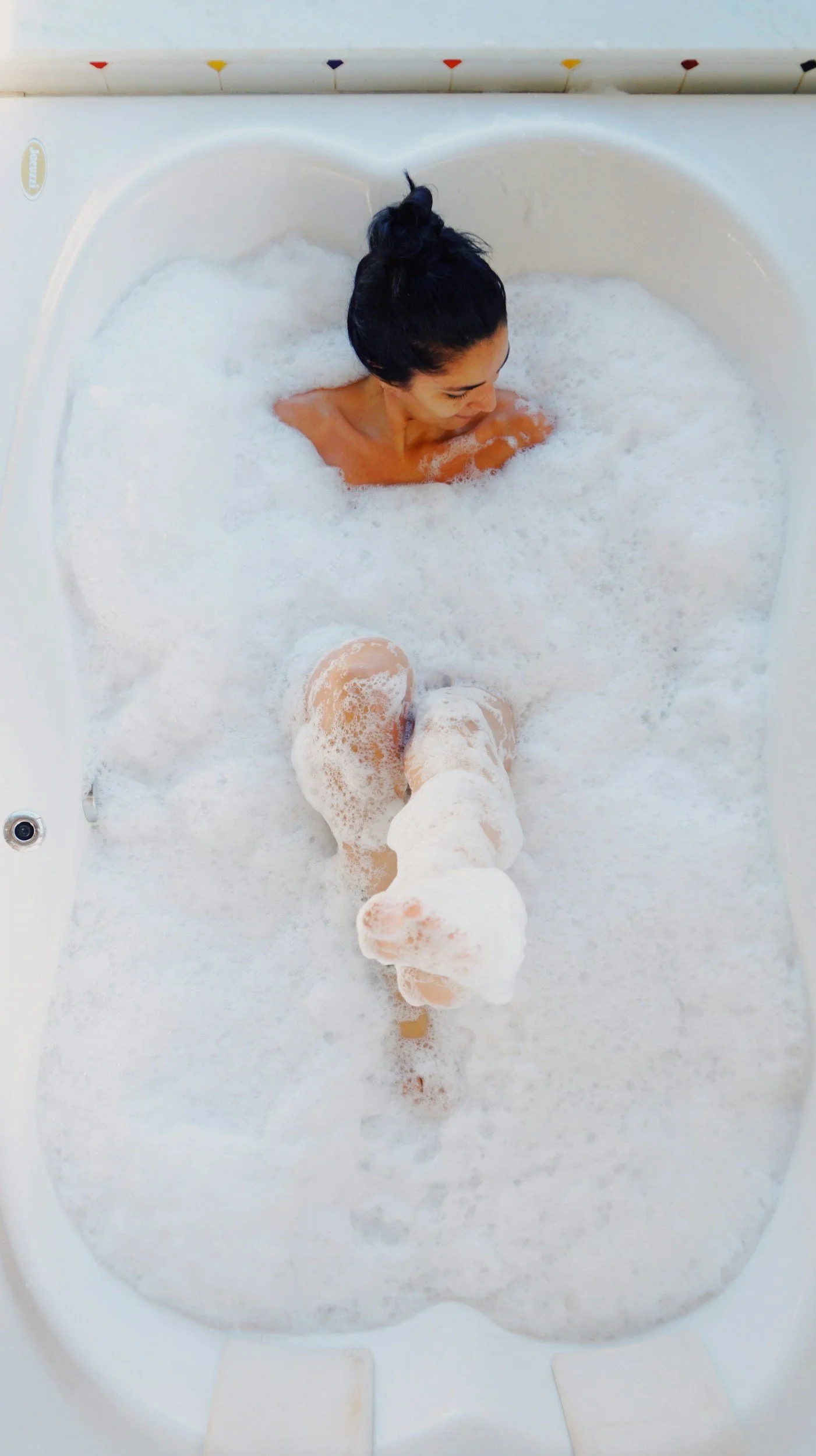Why self-love is more than bubble baths and hashtags
“Self-love” is everywhere. It’s a phrase we see on social media, in self-care routines, and even in psychology headlines. A single Google search turns up billions of results in under a second. Clearly, people are interested — but here’s the catch: most of the time, the meaning of self-love is left vague.
Is it about pampering yourself? Setting boundaries? Believing in your worth? The truth is, self-love can mean many different things depending on who you ask — and where in the world you’re asking.
At its core, self-love is about having a caring and respectful relationship with yourself. It includes things like self-acceptance, self-awareness, self-worth, self-care, and self-respect. These aren’t quick fixes, but ongoing practices that shape how we live, make choices, and connect with others.
Self-love also looks different across cultures.
In many Western contexts, self-love is often framed around independence and personal growth.
In Eastern traditions, it’s more connected to family, community, and harmony with others.
Both perspectives remind us that self-love is not just about the self in isolation — it’s about how we care for ourselves and how that care ripples outward into our relationships and communities.
When we understand self-love as more than a hashtag, it becomes a powerful tool for wellbeing. Practicing self-love helps us build resilience, set healthier boundaries, recover from setbacks, and nurture stronger connections with those around us.
So the next time you come across the word “self-love,” pause and ask yourself: What does it mean to me? How do I practice it in my daily life? The answers might surprise you — and they may be the first step toward a deeper, more balanced sense of wellbeing.
Until next time remember…To love oneself is the beginning of a lifelong romance. (Oscar Wilde) so keep going.
Love,
SLS family
